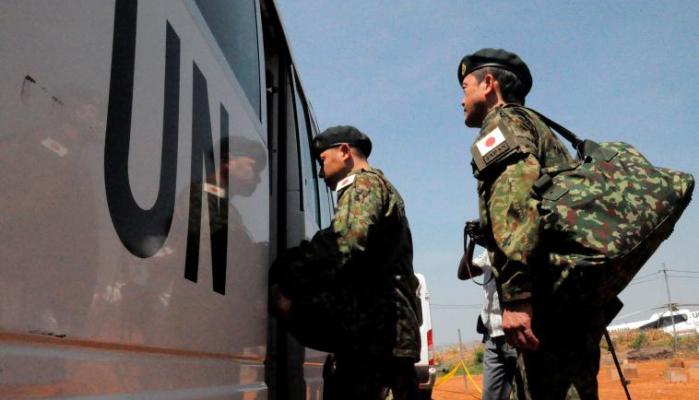Japanese defence minister resigns over S. Sudan scandal

July 27, 2017 (TOKYO) – Japan’s Defence Minister, Tomomi Inada announced on Friday that she had tendered her resignation after a scandal broke out over a cover-up of reports on Japan’s peacekeeping mission troops in South Sudan.
Inada, Sputnik International reported, said investigations into the hush-up of mission logs found that Japan’s defence ministry had acted in violation of the legal provisions regarding transparency.
“I bear responsibility as the minister of defence and I have decided to stand down. I tendered my resignation to Japan’s Prime Minister Shinzo Abe today. It was accepted,” she said.
Inada reportedly denied having any knowledge of the documents or ordering their cover-up regarding Japan’s troops in South Sudan.
The concealed logs reportedly described the activities of the Japan Self-Defense Forces as part of the UN peacekeeping mission to South Sudan in July 2016 when situations in the young nation worsened.
Their lasts disclosure, analysts argued, could have affected Tokyo’s decision to continue the mission and give the forces an even bigger and riskier role in the operations as the existing data was allegedly deleted, and the troops were authorized to use weapons under the latest reinterpretation of Japan’s Constitution.
Japan’s foreign minister, Fumio Kishida takes now over the country’s defence ministry.
In May this year, all of the Ground Self-Defense Force (GSDF) troops deployed for the U.N. peacekeeping mission in South Sudan returned to Japan, ending the Asian nation’s five-year mission in the young nation.
The withdrawal of the 350-member unit, however, took place in stages based on a government decision announced in March.
Japan began deploying civil engineering units to South Sudan in 2012 to build roads and other infrastructure as part of the U.N. mission there. But security has been dicey since it won independence from Sudan in 2011.
Fighting between government and rebel forces erupted at the end of 2013. A peace deal was signed in August 2015 but renewed fighting in Juba, where the GSDF was based, killed more than 270 people last July and caused many to flee.
(ST)
